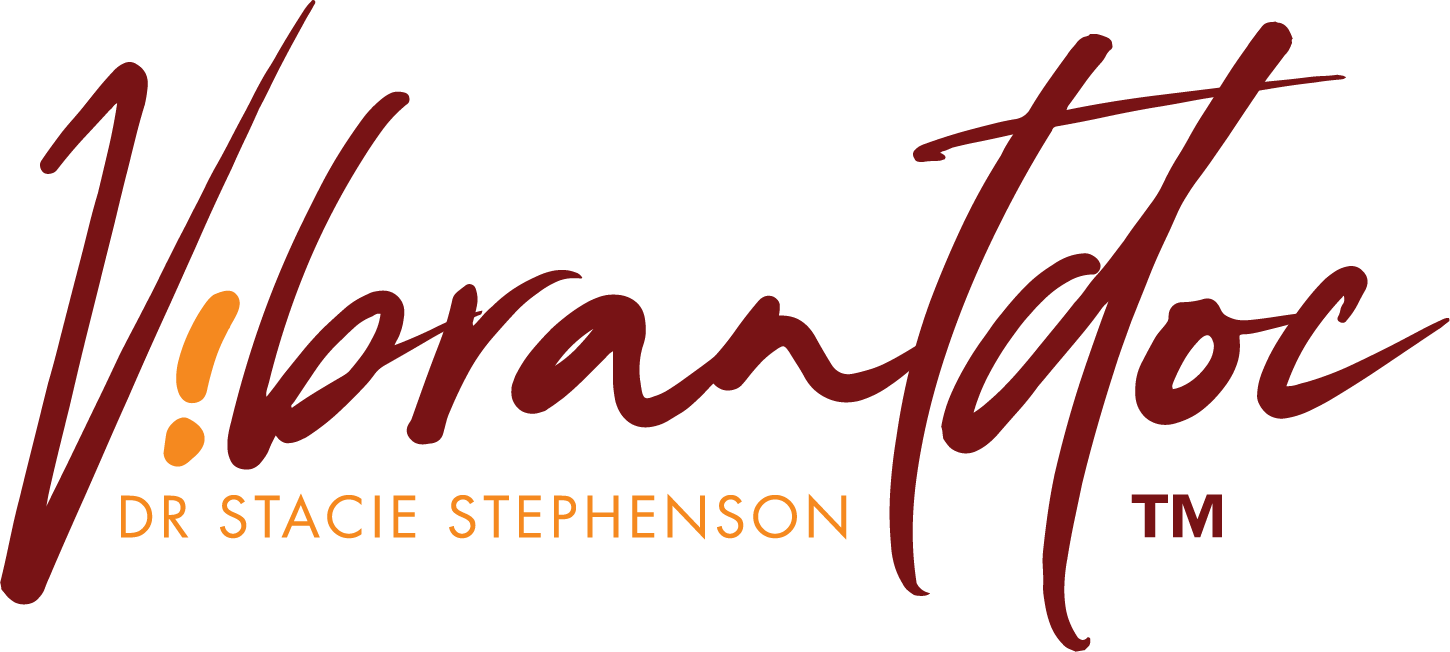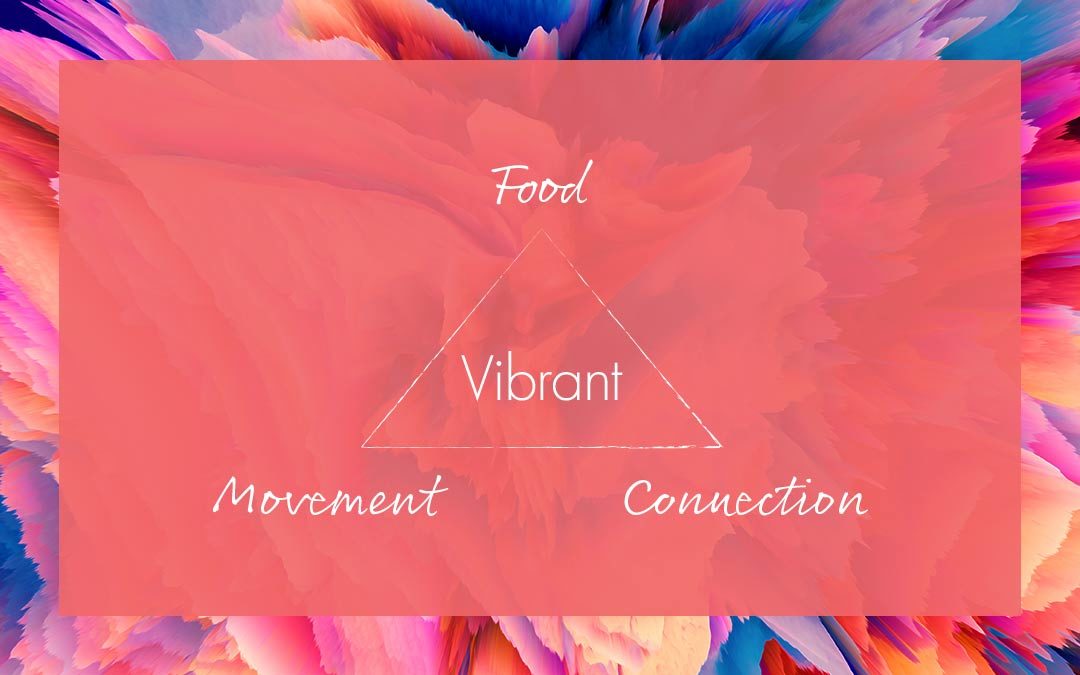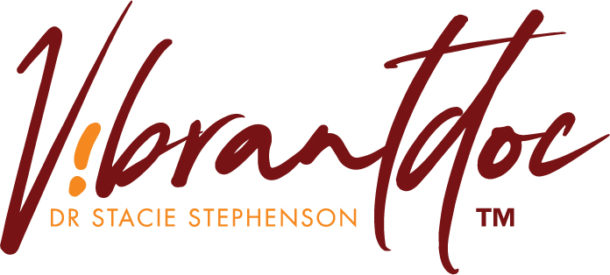The year is almost over, and many of us will be happy to see 2020 fade away in our rearview mirrors. I for one can’t wait to toast the new year and start fresh, but unfortunately, people are still feeling anxious, lonely, isolated, or burned out. That can make the prospect of a long list of ambitious resolutions for 2021 exhausting. Aren’t we all kind of hoping 2021 will be a whole lot better all by itself? And yet, as I’m sure you know, self-care never takes care of itself. That’s your job, no getting around it. You’ll be most likely to feel your best and able to take full advantage of what will (we hope) be a much better year than this one was, if you take care of your health.
Still, if something seems too overwhelming, people usually won’t do it. Rather than continuing to add more pounds to the “COVID 15” (the reportedly 15 pounds the average person has gained since the coronavirus first began disrupting lives), or staying indoors on the couch instead of getting out an exercising, or staying out of communication with friends and feeling lonely, why not turn things around in 2021? Not in an intimidating, “more things to do” way, but in a way that isn’t overwhelming?
Enter the Vibrant Triad.
The Vibrant Triad is a concept I use to describe the three foundational elements of self-care: food, movement, and connection. For a new year’s resolution with broad reach and major effect for minimal effort, just pick one small thing to change in each of these categories: either something to add, or something to subtract. Small changes over time add up to major transformations, so rather than trying to change everything (“I will go totally vegan/keto/paleo”) or making broad general resolutions (“I will lose 20 pounds”), focus on one small thing in each area you really can do for life.
The first side of the Vibrant Triad is food. Some examples of a resolution you might choose are:
- I will eat one additional serving of vegetables every day.
- I will only eat dessert on the weekends.
- I will drink one glass of wine with dinner instead of two.
- I will stop eating after dinner.
Just pick one thing you feel you can most successfully make into a new habit. It might be something I’ve suggested, or it could be any other food goal you want for yourself. Just keep it do-able, specific, and not too stressful or intimidating.
The next side of the Vibrant Triad is movement. Again, keep it specific, manageable, and something enjoyable that fits into your life. Just pick one. Some ideas:
- I will do yoga for 15 minutes in the morning before breakfast.
- I will go on a walk after dinner on weekdays.
- I will spend one hour doing some kind of outdoor activity every weekend.
- I will do a 30-minute exercise video three times per week.
The final side of the Vibrant Triad is connection. This is the mental health piece, and it’s just as important as what you eat and how much you move. Fostering connection with other people can help put worries into perspective. It feels supportive and positive, but again, don’t make it intimidating. No need to commit to drastic social media cleanses or weekly coffee dates you know you won’t keep. Choose just one small, easy resolution. Some possibilities:
- Schedule one catch-up video call with a friend you haven’t see in a while.
- Choose just one day a week to be screen-free after dinner (“phone-free Fridays”?). If everyone who lives in your home agrees to join you, you can all spend that time catching up face to face.
- Resolve to give your sweetheart a nice long supportive hug or a romantic kiss once a day.
- Write a “just to say hello” email, or even an old-fashioned letter with actual paper and pen, to someone whom you think could use some cheering up. Send or mail it.
A big benefit of small resolutions is the psychological factor. When you decide to change something in your life and you do it successfully, your brain registers that change as a success, whether that’s not doing something (like riding out a sugar craving without giving in) or doing something (like working out, even when you don’t feel like it). Many habit formation studies have demonstrated that the more times you successfully manage to do (or not do) something, the more you strengthen the neural network that understands what you are doing as a new habit, and the easier it will be to do next time.
Repetition creates what psychologists call “automaticity,” meaning you’ll do that thing without having to think about it, and not doing it will feel uncomfortable. A 2019 study from the University of Warwick used a computer simulation to show that when no habit is established, a reward will determine which behavior someone will do, but when a habit was well-established, it is likely to override even an action with a reward.
To put that into real-life terms, if you were presented with a plate of broccoli and a piece of cake, you would probably choose the cake. However, if you are in the well-established habit of eating broccoli, or the well-established habit of avoiding sugar, then you will be a lot more likely to choose the broccoli. The more times you choose the broccoli, the easier it gets. On the flip side, the more times you indulge the sugar craving or stay on the couch or cancel on your social plans, the more you reinforce those bad habits and the harder it gets to change.
Smaller, easier changes are more reinforcing simply because you are more likely to do them, and you are more likely to repeat them, which means you are more likely to establish their automaticity. It’s also a way to prove to yourself that you really are capable of change, which builds confidence and motivation. Choosing just one small resolution for each side of the Vibrant Triad will increase the chances that you’ll still be doing all three of those new habits a year from now. How hard is it to resolve to have repeated weekend treats, relaxing stretching, and warm hugs? That sounds like a pretty nice prospect for 2021—one that will help relieve stress instead of adding to it. Better yet, the cumulative effects of these habits can be significant. This time next year, you’ll not only have three well-established good health habits, but you will be noticeably more vibrant, with hardly any effort. Don’t you feel more relaxed already?
SOURCES:
https://www.sciencedaily.com/releases/2019/01/190128105227.htm


